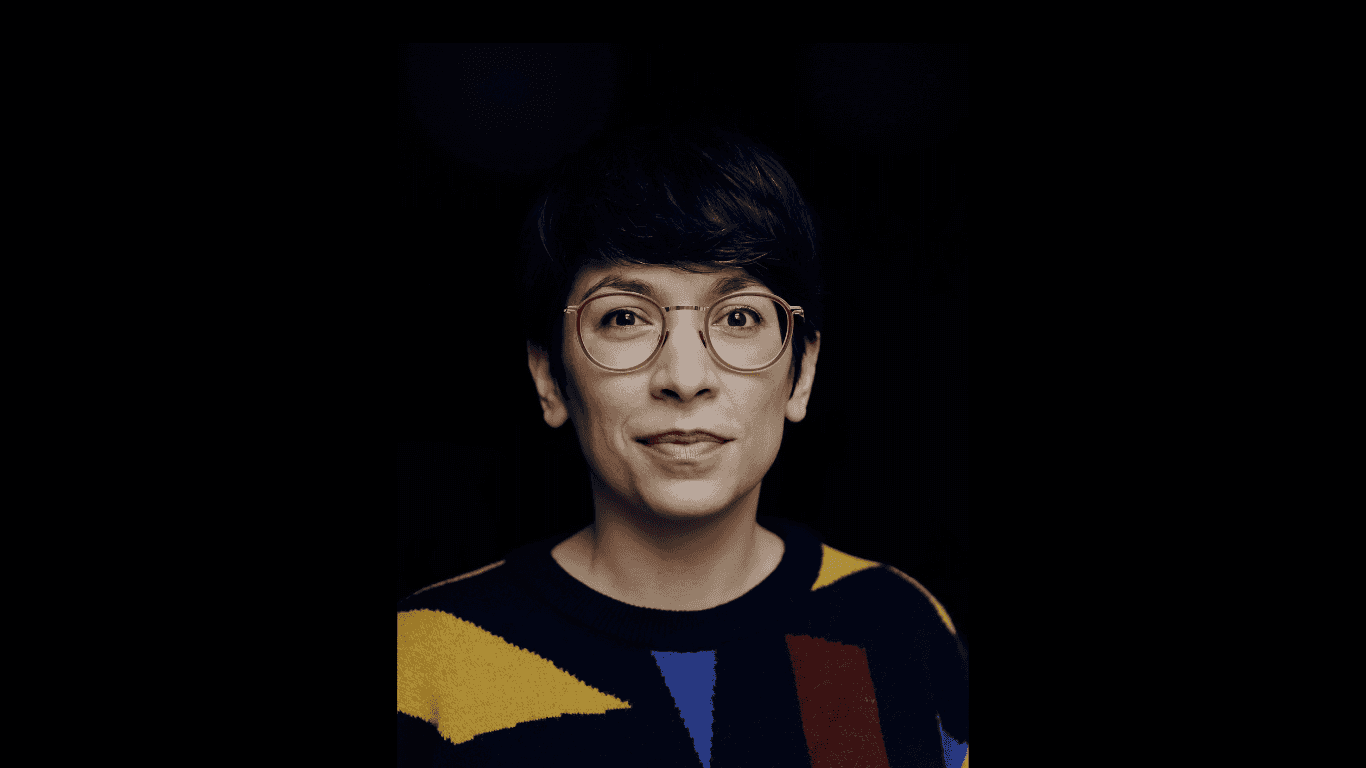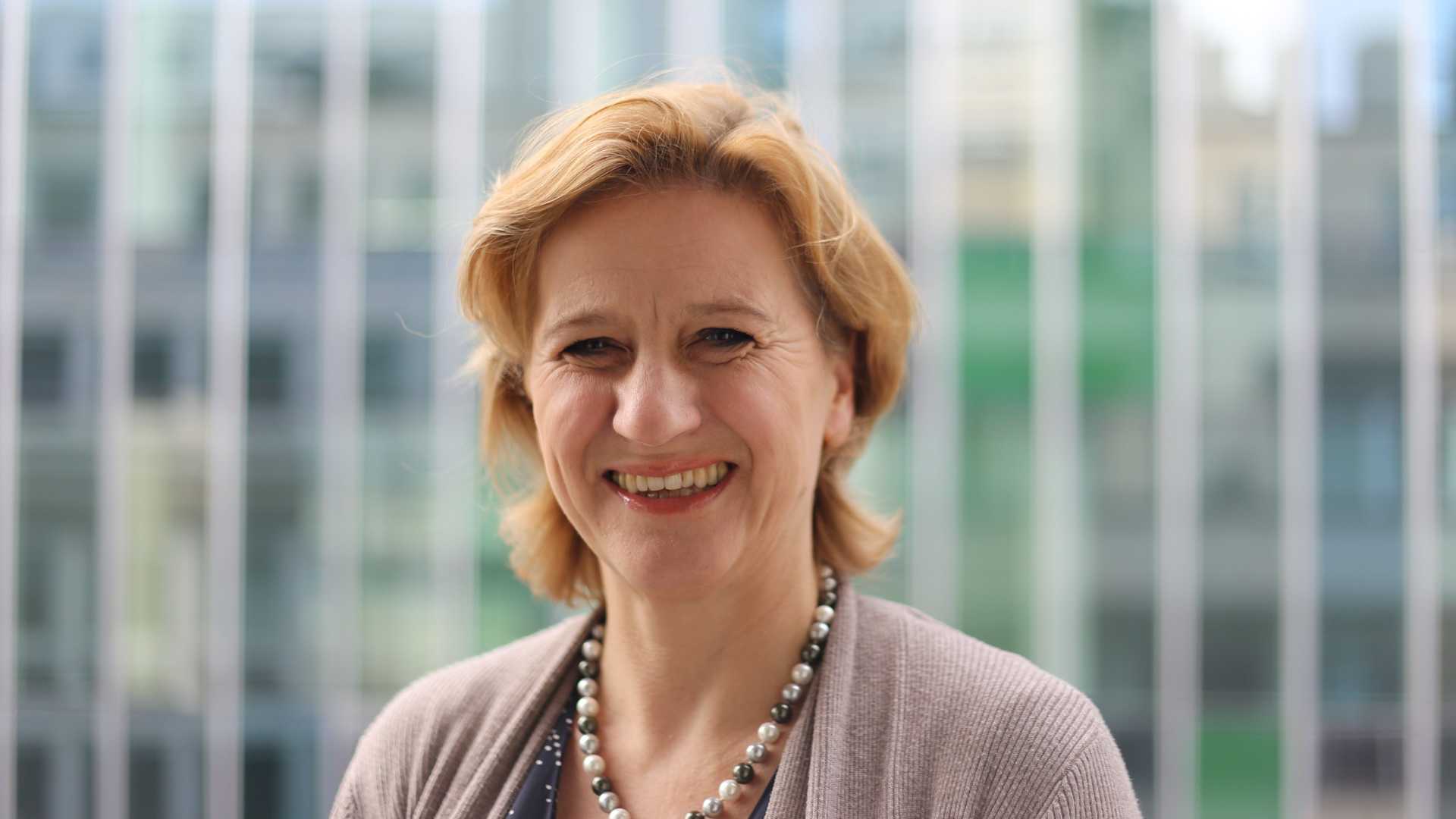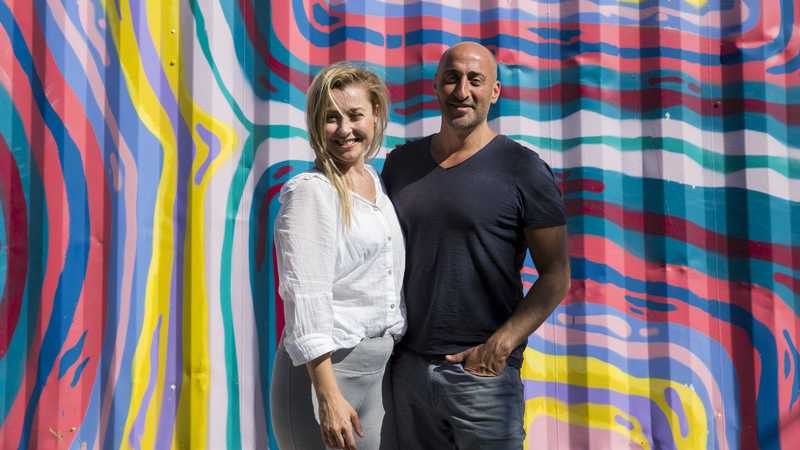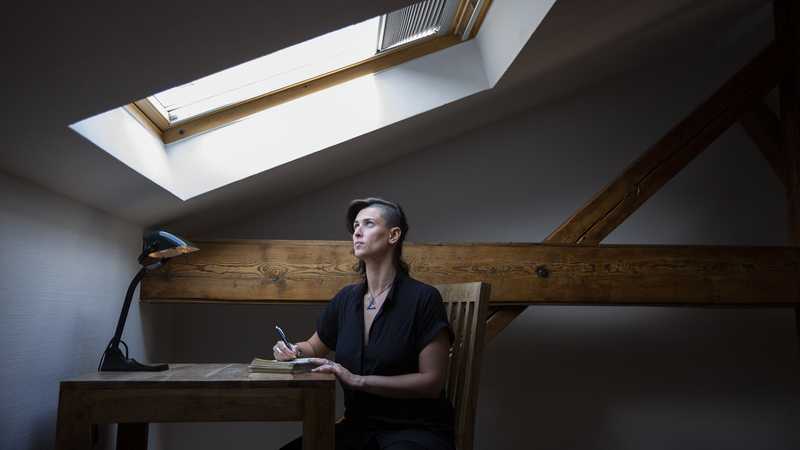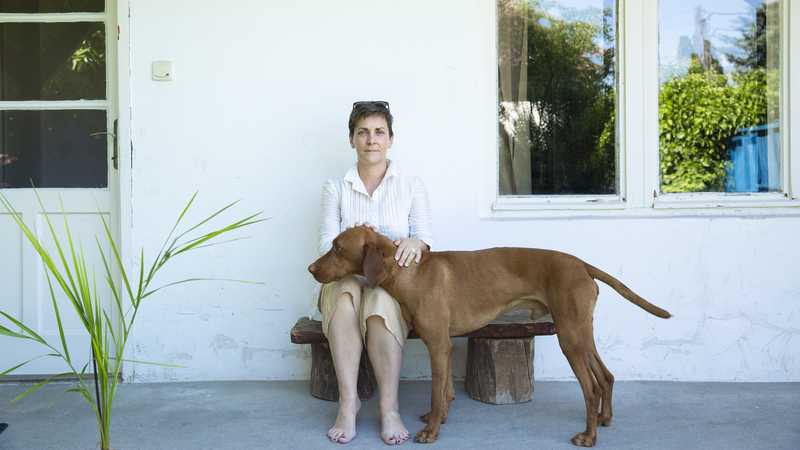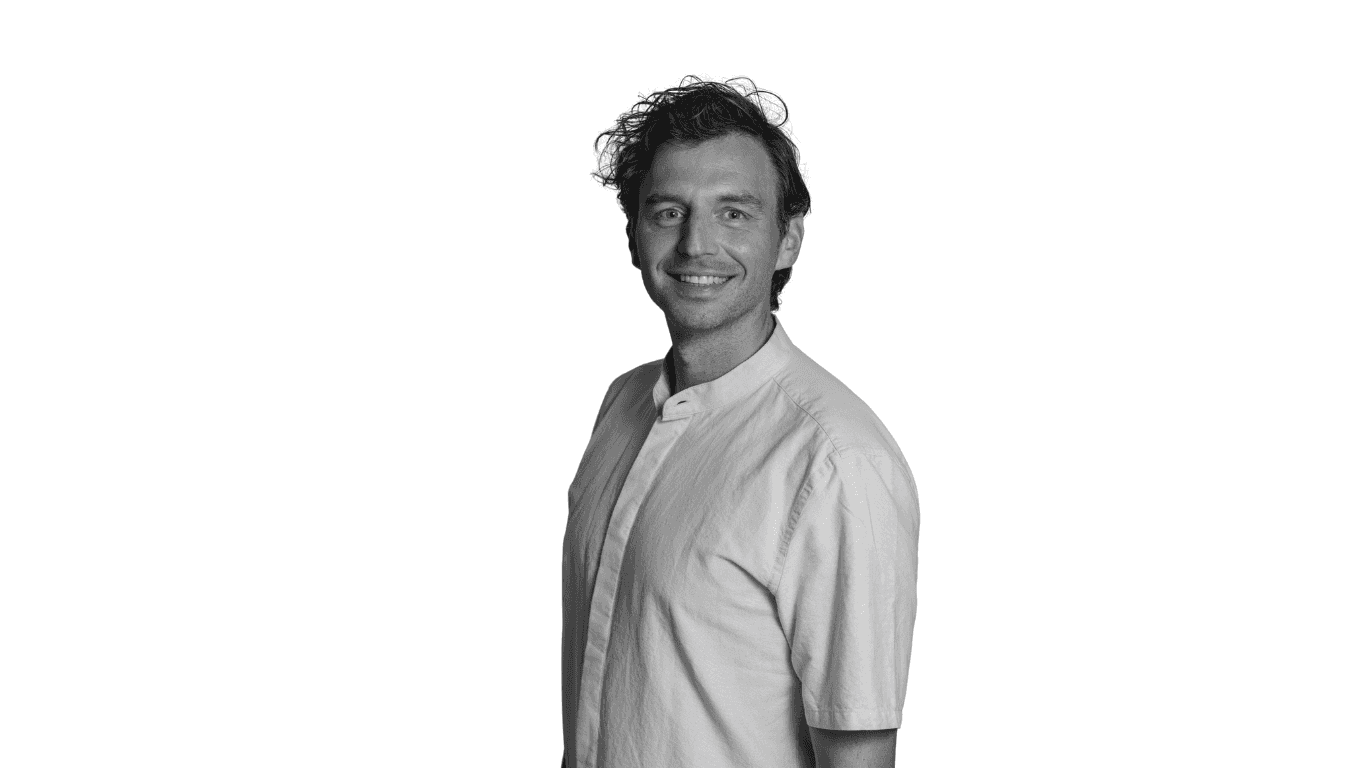The research, carried out on behalf of the Allianz Foundation, is based on in-depth interviews with 59 risktakers representing NGOs, social enterprises and other civil society organizations in Germany, Greece, Italy, Poland and the United Kingdom. The Allianz Foundation refers to individuals who actively fight for social justice, open societies or a livable planet as risktakers.
The interviews were conducted between March and June 2022, a period that was marked by Russia’s invasion of Ukraine. The war has dictated the focus of risktakers’ work: Funding, organizational know-how and target group–specific expertise are activated and delivered at short notice to war zones and to help those fleeing the country. It is especially when government actions fall short that civil society can step in and help.
“Right now, the war in Ukraine I mean, [...] it’s a war in Europe, it’s a war in our backyard. And it is a very very worrying and very alarming situation and we don‘t know where it’s going to go.” - Marilli Mastrantoni, Theatre Entropia, Greece
Their tireless dedication to helping people in Ukraine poses huge challenges for risktakers. But even leaving aside the war, many of them are coming under increasing pressure, particularly those that focus on the rights of migrants and the LGBTQ+ community. They mention regular attacks and smear campaigns on social media. But that is not all, and the risktakers and their organizations can find themselves facing lawsuits and personal attacks, too. The consequence is that some of the interviewees report that the stress and heavy workload have a negative impact on their mental health.
The exploratory study provides European civil society and its funders with valuable insights and suggestions, including in response to the question of how risktakers’ transnational networks can be used more effectively going forward.

